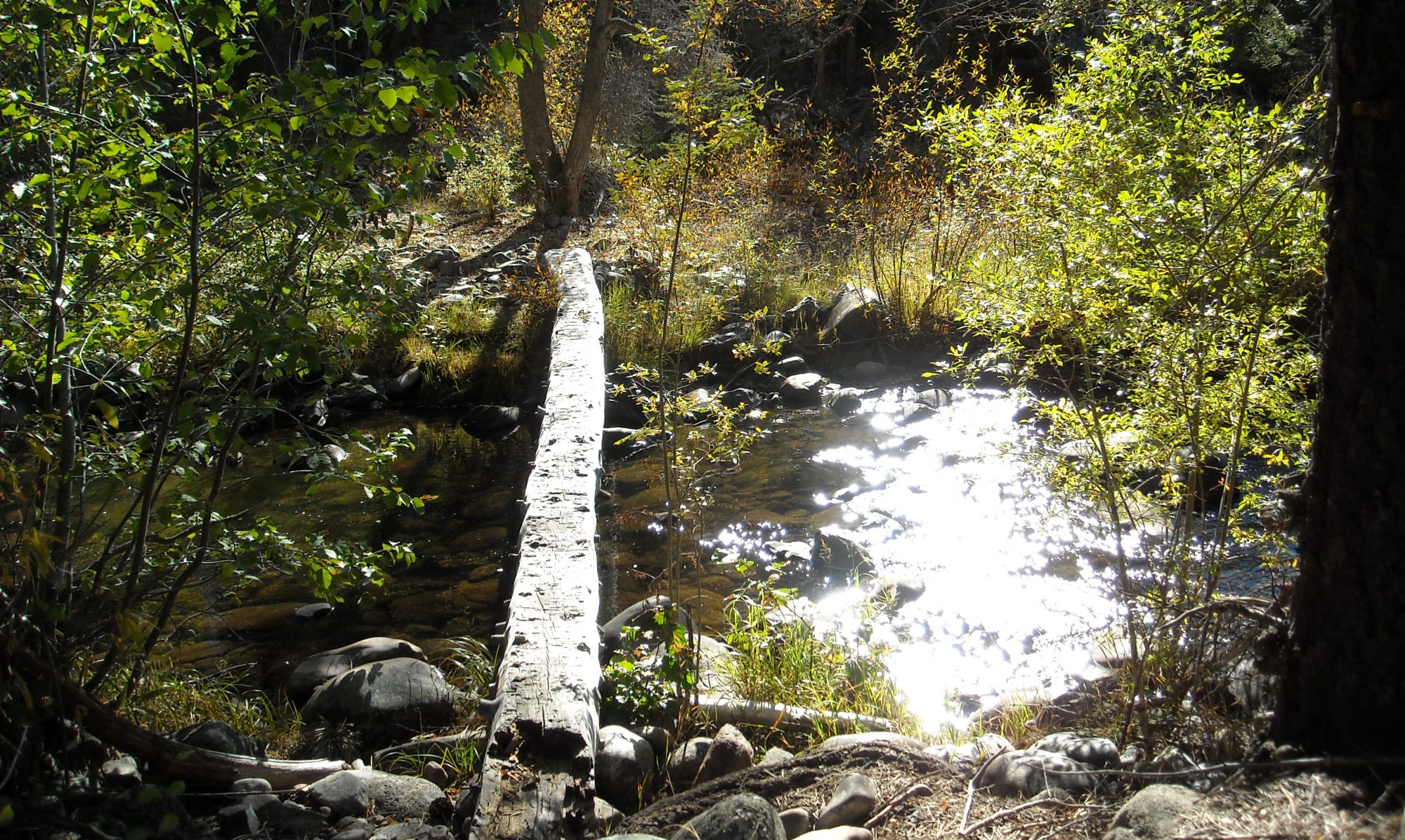I mentioned reading David Hutchinson’s book Europe in Autumn in a previous post. I’ve been re-reading it, more slowly this time, to try to figure out my response to this book. I knew, from the first time I read it, that there were aspects of the plot and writing that didn’t work for me. But despite those things, the book sucked me in. It’s always interesting to me when there are obvious flaws and yet I enjoy a book anyway, and since I’ve been writing myself it’s become especially interesting.
The news about Brexit this morning clarified some of my thoughts on Europe in Autumn. This book is set in an alternate near-future Europe, one which has fragmented into numerous nations and polities. Hutchinson does a marvelous job of world-building; his vision of future Europe seems almost prescient, and even more so this morning.
It is the world of Europe in Autumn that drew me in. Like a good dystopian (and I wouldn’t call this book a dystopian, to be clear), its fictional world provides an opportunity for reflection on important themes in the world today. In this book it is questions on the nature of borders and nation-building which come to the fore. The Brexit vote suggests these questions – and by extension, Europe in Autumn – will remain relevant for some time.
